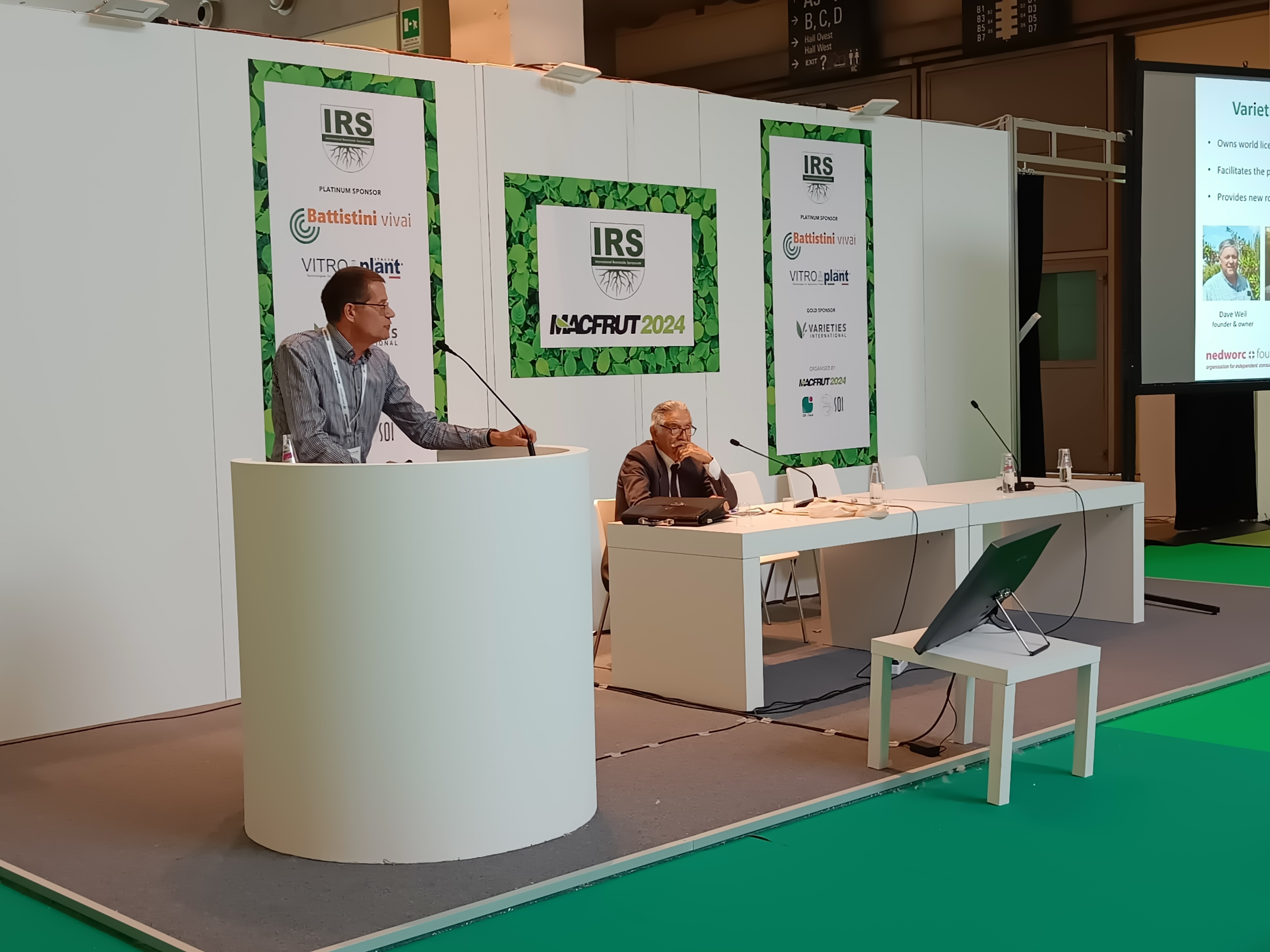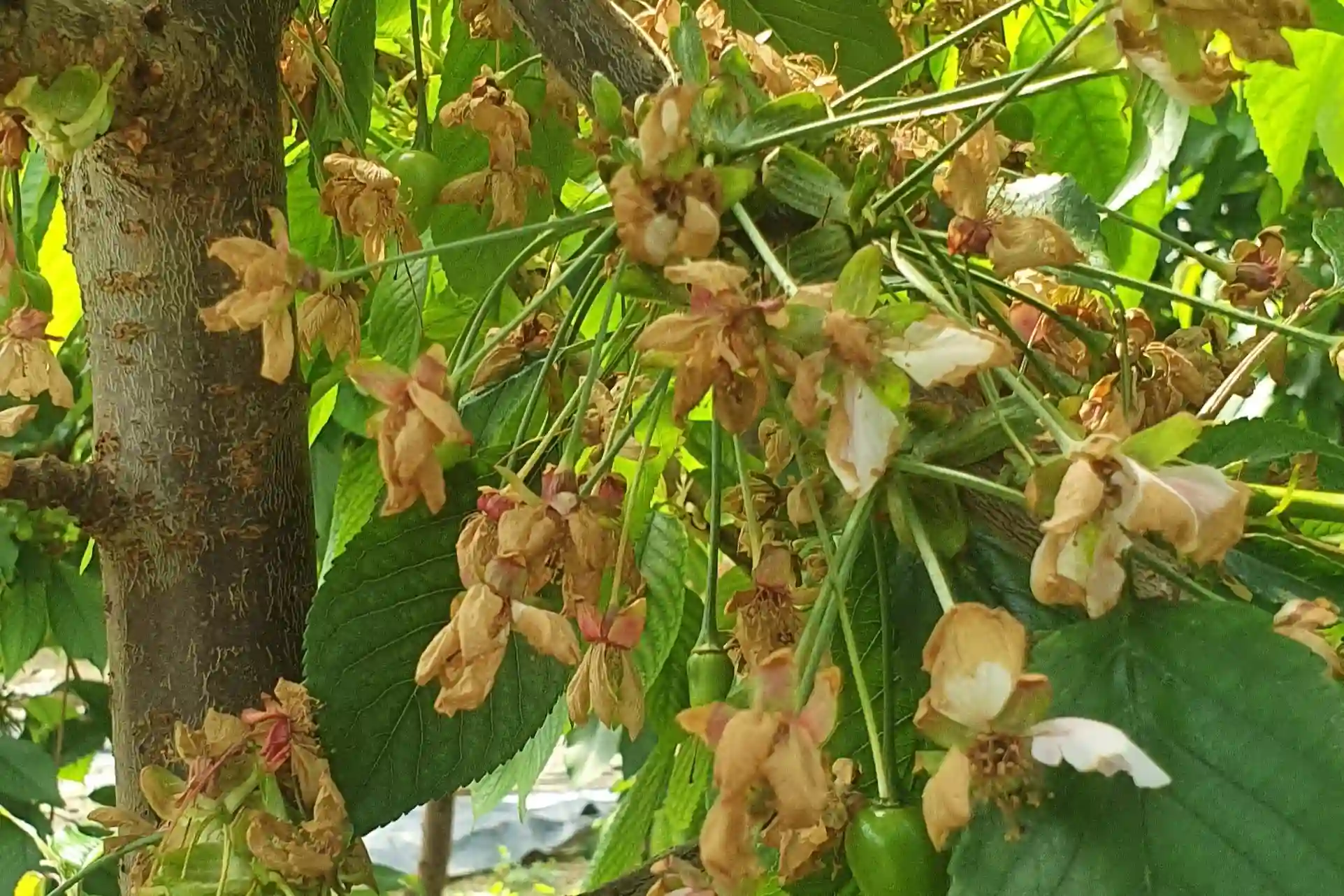Cherry Times offers its readers the reports on cherry rootstocks presented at the Macfrut 2024 International Rootstock Symposium.
The Krymsk Experimental Breeding Station has a long history of breeding interspecific rootstocks for stone fruit. The 6000 Prunus accessions in their collection are being used for combining useful traits of stress and disease resistances into new interspecific rootstock genotypes suitable as rootstocks for multiple stone fruit species.
For testing and propagation in Europe, the United States and several other countries outside Russia, Varieties International has obtained a license and has imported several promising rootstocks suitable for almond, apricot, cherry, nectarine, peach and plum.
The selection of these interspecific rootstocks was made on basis of the induced tree vigor and tolerance to various environmental stresses like drought, flooding, frost and the pH and salt content of the soil. At present seven Krymsk rootstocks have been patented and have been commercially released.
 Image 1: Frank Maas.
Image 1: Frank Maas.
Since 2017 about 20 new selections have been imported into Europe and the USA. After release from quarantine these rootstocks have been propagated and test trees have been grown. In Europe the first test trees of plum varieties ‘Jubilieum’ and ‘Opal’ and sweet cherry varieties ‘Kordia’ and ‘Regina’ were planted in 2023, using rootstock genotypes with a vigor between very dwarfing to semi-dwarfing.
After the first growing season in the differences in tree vigor are already becoming visible. However, it will take several more years to evaluate how the fruit production and growth the trees will develop and to find out which of these rootstocks will be a better choice for the fruit grower than the ones currently used.
Download the full report here
Download the presentation here
Frank Maas
Varieties International/Nedworc Foundation
frank.maas.nl@gmail.com
Cherry Times - All rights reserved











